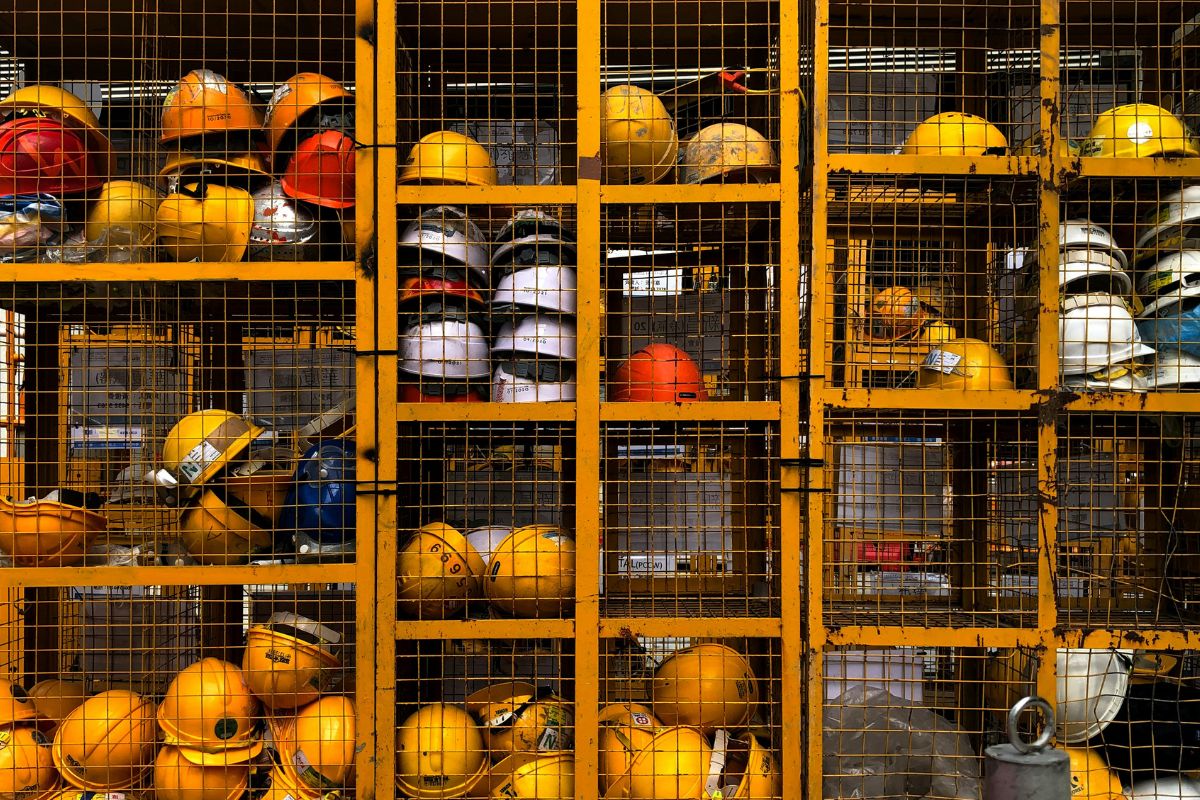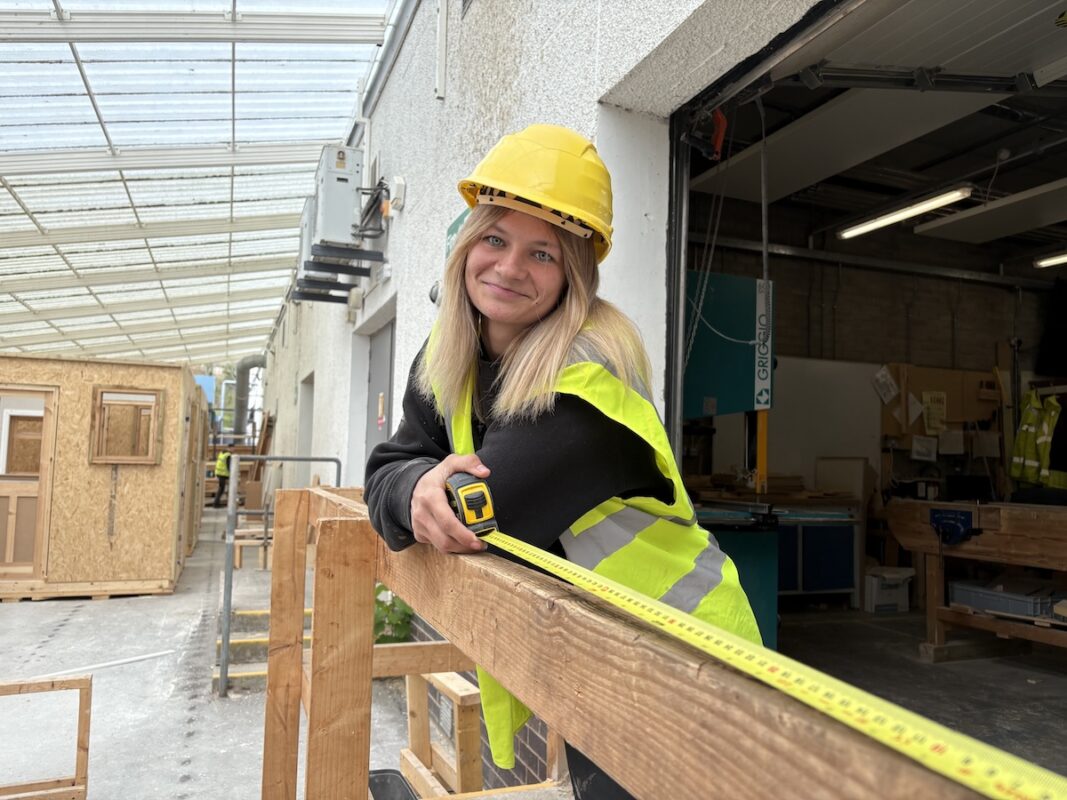What Skills and Qualifications Do I Need for a Job as an Asbestos Surveyor?

Asbestos surveyors play a crucial role in ensuring the safety and compliance of buildings, particularly those constructed before the 1980s when asbestos was widely used in construction materials. The job involves identifying, assessing, and managing asbestos-containing materials (ACMs) to protect public health and meet regulatory requirements. If you’re considering a career as an asbestos surveyor, understanding the necessary skills and qualifications is essential. This article provides a comprehensive overview to help you get started.
Understanding the Role of an Asbestos Surveyor
An asbestos surveyor’s primary responsibility is to inspect buildings and other structures for the presence of asbestos. They must then assess the risk and recommend appropriate measures to manage or remove the asbestos safely. The role often involves:
- Conducting Asbestos Surveys: Performing management surveys, refurbishment and demolition surveys, and re-inspections of known ACMs.
- Sampling and Analysis: Collecting samples of suspected materials and analyzing them in a laboratory.
- Reporting and Documentation: Preparing detailed reports that document the presence, location, and condition of ACMs, along with recommendations for action.
- Risk Assessment: Evaluating the potential risk posed by identified ACMs and advising on appropriate management plans.
- Compliance: Ensuring all activities comply with relevant health and safety regulations, such as the Control of Asbestos Regulations 2012 in the UK.
Essential Skills for an Asbestos Surveyor
Technical Knowledge
A strong foundation in building construction and materials is vital. Surveyors must understand where asbestos is likely to be found and the types of materials that may contain it. Additionally, knowledge of asbestos legislation and guidelines is crucial for ensuring compliance and safety.
Analytical Skills
Surveyors need excellent analytical skills to identify potential ACMs and accurately assess their condition and risk. This involves both visual inspections and understanding laboratory analysis results.
Attention to Detail
Attention to detail is critical when conducting surveys and collecting samples. Accurate identification and documentation of ACMs are essential to prevent health risks and ensure proper management.
Communication Skills
Effective communication is important for explaining findings to clients, writing clear and comprehensive reports, and advising on management or removal plans.
Problem-Solving
Surveyors often encounter unexpected challenges, such as hidden asbestos or access issues. The ability to think critically and develop practical solutions is essential.
Physical Stamina
The job can be physically demanding, requiring surveyors to work in various environments, including confined spaces and at heights. Good physical fitness and stamina are therefore necessary.
Qualifications and Training
UKATA Asbestos Awareness Training
Before undertaking any work involving asbestos, surveyors must complete UKATA Asbestos Awareness Training. The UK Asbestos Training Association (UKATA) provides accredited training courses that cover the basics of asbestos, including its properties, uses, and health risks, as well as how to avoid exposure.
This training is crucial for understanding the hazards associated with asbestos and the precautions needed to work safely. It also serves as a prerequisite for more advanced training courses.
Asbestos Safety Course
In addition to UKATA training, an Asbestos Safety Course is essential for surveyors. These courses offer more in-depth knowledge and practical skills for conducting asbestos surveys, collecting samples, and managing ACMs. Topics typically covered include:
- Types of asbestos surveys and their purposes.
- Safe sampling techniques and procedures.
- Understanding laboratory analysis results.
- Risk assessment and management strategies.
- Legal and regulatory compliance.
BOHS Qualifications
The British Occupational Hygiene Society (BOHS) offers several qualifications specifically for asbestos professionals. The most relevant for surveyors are:
- P402 – Surveying and Sampling Strategies for Asbestos in Buildings: This qualification focuses on the skills needed to carry out asbestos surveys and sample suspected ACMs.
- P405 – Management of Asbestos in Buildings: This course covers the management of asbestos in buildings, including risk assessment and developing management plans.
NVQ and Higher Education
Some surveyors pursue higher education qualifications, such as an NVQ Level 3 Diploma in Asbestos Removal or related fields. A background in environmental science, construction, or occupational health and safety can also be advantageous.
Practical Experience
While formal qualifications are essential, practical experience is equally important. Many employers look for candidates with hands-on experience in asbestos surveying, which can be gained through:
- Apprenticeships: Some companies offer apprenticeship programs that combine on-the-job training with formal education.
- Work Placements: Volunteering or completing internships with environmental or construction firms can provide valuable experience.
- Shadowing Experienced Surveyors: Learning from experienced professionals can help build practical skills and industry knowledge.
Certification and Professional Membership
Certification
Certifications, such as those offered by BOHS, validate your skills and knowledge in asbestos surveying. Maintaining certification through continuous professional development (CPD) ensures you stay updated with the latest industry practices and regulations.
Professional Membership
Joining professional bodies, such as the Institute of Occupational Safety and Health (IOSH) or the Royal Institution of Chartered Surveyors (RICS), can enhance your career prospects. These organizations offer resources, networking opportunities, and professional development programs.
Career Progression
With experience and further training, asbestos surveyors can advance to senior roles, such as lead surveyor, asbestos consultant, or health and safety manager. Continuous learning and specialization, such as becoming an expert in a specific type of asbestos survey, can open up additional career opportunities.
Conclusion
Becoming an asbestos surveyor requires a combination of technical knowledge, practical skills, and formal qualifications. Completing UKATA asbestos awareness training and an Asbestos Safety Course is essential for anyone entering the field. Additional qualifications, such as those offered by BOHS, and gaining practical experience, can further enhance your career prospects. By committing to continuous learning and professional development, you can build a successful career in this vital and rewarding field.











Responses